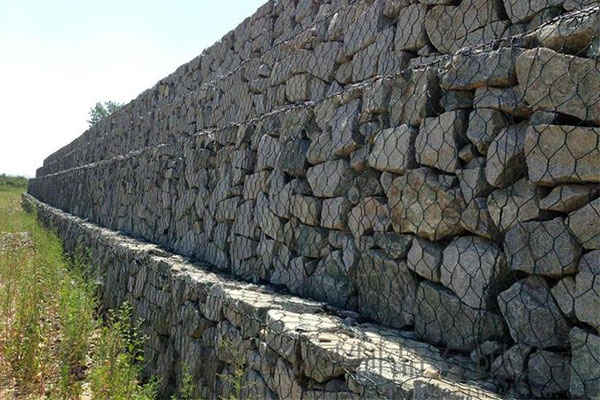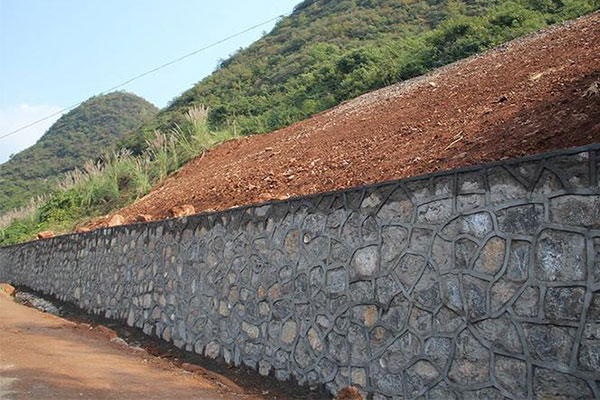Are Gabions Cheaper Than a Traditional Retaining Wall?
When it comes to landscaping and managing slopes, property owners often find themselves faced with the choice between different retaining wall solutions. Two popular options that come into consideration are gabions and traditional retaining walls. In this article, we’ll delve into the cost aspect to answer a common question: Are Gabions Cheaper Than a Traditional Retaining Wall??
Understanding Gabions and Retaining Walls:
Before we delve into the cost considerations, let’s briefly understand what gabions and traditional retaining walls entail.


Gabions:
Gabions are wire baskets or mesh containers filled with stones, creating a durable and permeable structure. They are versatile and can be used for various landscaping applications, including retaining walls. Gabions offer natural drainage and blend well with the environment due to their stone-filled appearance.
Retaining Walls:
Traditional retaining walls can be made from a variety of materials such as concrete, brick, or wood. These walls are designed to hold back soil and prevent erosion, creating a stable and level area. Traditional retaining walls can be more rigid in structure compared to the flexibility offered by gabions.
Cost Considerations:
Now, let’s compare the costs associated with gabions and traditional retaining walls.
1. Material Costs:
- Gabions typically use less expensive materials, such as wire mesh and stones, making them cost-effective compared to the various materials that can be used for traditional retaining walls.
- Traditional retaining walls may involve higher material costs depending on the chosen material, such as concrete or brick.
2. Installation Costs:
- Gabions are often simpler to install, requiring less labor and time. The modular nature of gabions allows for easier assembly.
- Traditional retaining walls may involve more complex construction processes, potentially leading to higher labor costs.
3. Maintenance Costs:
- Gabions generally have lower maintenance costs since they are durable and require minimal upkeep. Stones within gabions may need occasional adjustment, but overall maintenance is minimal.
- Traditional retaining walls might require more maintenance over time, especially if constructed with materials that are susceptible to erosion or deterioration.
4. Long-Term Costs:
- Gabions are known for their longevity and resistance to weathering, resulting in lower long-term costs.
- Traditional retaining walls can also have a long lifespan, but certain materials may require periodic repairs or replacements.
Conclusion:
The cost-effectiveness of gabions versus traditional retaining walls depends on various factors, including materials, installation complexity, and long-term maintenance. Gabions tend to be a more economical choice for many property owners, offering a balance of affordability and functionality. However, it’s essential to consider specific project requirements, aesthetic preferences, and local regulations before making a final decision.
Of course, you can also contact the experts at RoadSky directly for more information about gabions as retaining walls. RoadSky is a professional gabion supplier. The products can be customized according to customer requirements. The quality is reliable and well received by customers.

